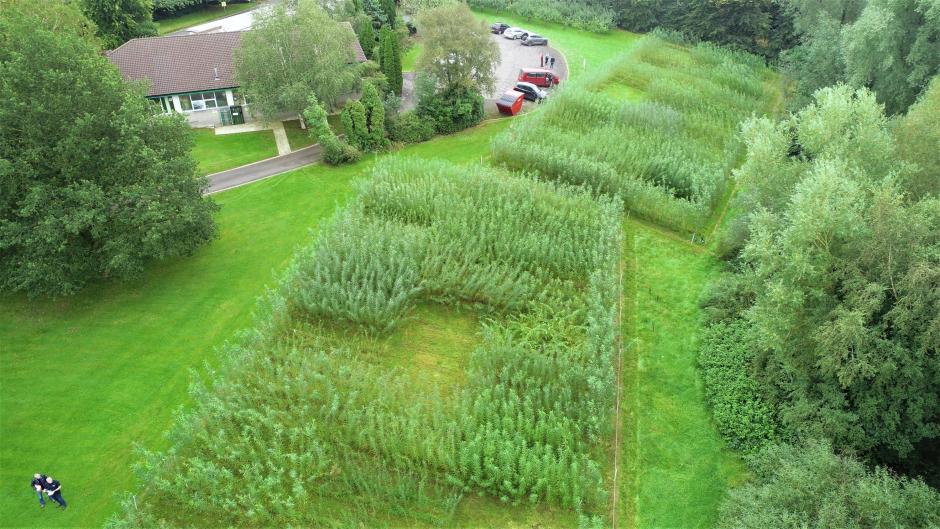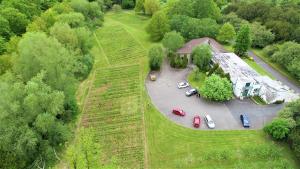BioWILL Project
AFBI is a partner in the BioWILL project, which is an Interreg NWE funded project focusing on Integrated "Zero Waste" Biorefinery
Background
There has been interest in using willow grown as Short Rotation Coppice (SRC) as a perennial energy crop since the early 1970s. The concept was instigated in Sweden and Northern Ireland, two countries that have little indigenous fossil fuels and were badly affected by the OPEC oil crises in 1973 and 1979. At this time there was also a shortage of pulp for paper production. These twin needs led to initial research activities in these countries. Interest in commercial planting of willow increased in the 1980s with the introduction of set-a-side under the Common Agricultural Policy (CAP).

Even greater impetus came in the 1990’s when scientific understanding of global warming and the greenhouse effect became mainstream and led to the Earth Summit in 1992 and the Kyoto Protocol in 1997. SRC and other energy crops were seen as one of the ways that fossil fuels could be replaced by biomass sources and reduce GHG emissions.
Currently however, the uptake of these crops as a diversified agricultural option remains low due mainly to unreliable financial returns. If commercial viability could be improved, it may be possible to further encourage the interest in these crops so all the other environmental benefits they present can be realised.
The Project
BioWILL is an Interreg NWE funded project focusing on Integrated “Zero Waste” Biorefinery utilising all fractions of Willow feedstock for the production of high to medium based Bio-Chemicals/Materials, Renewable Energy in the form of Bio-Methane production and Natural Fertilisers.
The project consists of 10 project partners and is led by the University of Limerick. The consortium comprises research organisations (3 HEIs and 3 research institutes), 3 SMEs, 1 consultancy, and 1 organisation representing farmers and landowners across the EU.
AFBI Involvement
The AFBI led Work Package, in conjunction with their sub-partner Crops4Energy, has developed and identified from scientific data bases the willow varieties with high salicin content in the bark. This progressed to an assessment of willow varieties & genotypes that exist between collections at AFBI and other plantations for progeny from new breeding and genetic techniques.

Furthermore, AFBI is responsible for the delivery of the Optimisation of Salicin recovery potential of Willow through the operation and management of a number of biomass production sites at AFBI Loughgall UK, Claremorris, Co Mayo, Ireland, (3) Noreuil and (4) Gouy-Sous-Bellonne in France
BioWILL - An Integrated Zero Waste Biorefinery
